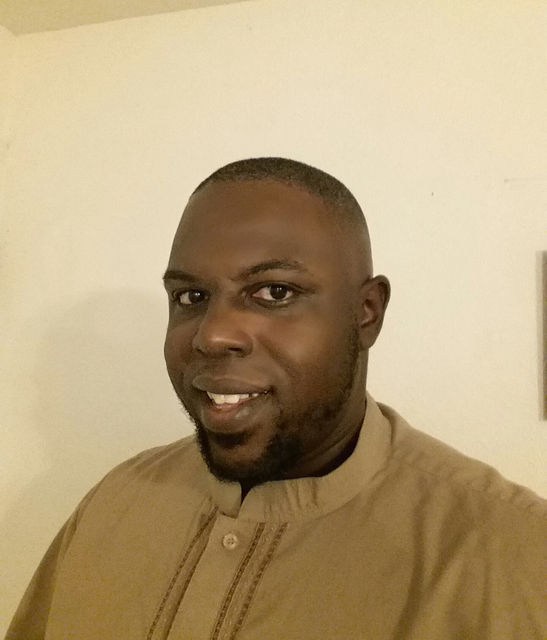LIHUE — Understanding our differences is the key to healing the world and preserving life on this planet for future generations. That’s going to be the message of this year’s King’s Day celebration on Jan. 18 at the Lihue Neighborhood
LIHUE — Understanding our differences is the key to healing the world and preserving life on this planet for future generations.
That’s going to be the message of this year’s King’s Day celebration on Jan. 18 at the Lihue Neighborhood Center. The theme is “Peace or Fear, What’s in Your Heart?”
Kauai resident Ishaq Dawkins, who uses the last name Mohammed, one of the speakers, said the theme rings true in his life. He converted to Islam two years ago, after a lifetime of learned fear of the religion. He said it wasn’t until he took the time to understand the Muslim faith that he discovered how similar it was to his own Christian upbringing.
That understanding, he said, replaced his attitude of hatred and fear with one of peace and collaboration.
“I was humbled and honored to be asked to give my own reflections on Martin Luther King Jr. and the subject of choosing peace or fear; which do we as a people need to choose to progress as a society,” Dawkins said. “I am happy to acknowledge Martin Luther King Jr.’s legacy by reiterating what we need to do as a nation to come together.”
Dawkins has an intermediate red belt in taekwondo, speaks Japanese and wrestled professionally with Hawaii Championship Wrestling. He traveled to Japan after high school to learn the language and then moved to Oahu in 1998.
“When I was on Oahu, I was a professional wrestler from 2003 to 2006,” Dawkins said. “I ended up hurting my knee really bad during my match. I could still walk, but I couldn’t continue on with my career.”
After he ended his wrestling career, Dawkins met his wife, Pricille. They have one daughter, Tori Anna, now 8, and moved back to Pricille’s home island of Kauai in 2007 to be closer to family.
Dawkins now works for the Grand Hyatt in Poipu, but before he landed that job, he was considering work overseas in the Middle East. It was through his research on the area that he began to dive into Islam.
“Some of the highest paying jobs were in the Middle East, so I decided if I was going to go over there, I’d better study up on their culture and religion,” Dawkins said
He had a copy of the Quran and began reading it, as well as discussing its theories online. Dawkins said he was surprised to find biblical prophets like Moses and David within its pages.
“I was taught it was a violent and evil book but I found the words beautiful,” Dawkins said. “It was almost overwhelming.”
His dynamic change in worldview is what Dawkins will be speaking about.
“In order to connect as humans, we need to get over the fear of what we see on the outside and get to what’s on the inside,” Dawkins said. “And that’s not just with people, it’s with everything.”
Another speaker, the Right Rev. William Swing, said his message will likely carry the same tones on Monday, though he said he’s just as curious to see what he’ll say as his audience.
“I’ll be working on it all the way up to the last minute, I’m sure,” Swing said. “I’ve been listening to Dr. King recently and I’ve been wondering, where would he be placing his emphasis if he were alive today?”
Swing said he thinks King would have “a great deal to say about how black lives matter,” and about threats on voting rights, but religious peace would also be high on his priority list.
“He had a sense of the interfaith world and the potential and dream of it,” Swing said.
The best way to foster peace in the world, Swing said, is to come to grips with the reality of religiously motivated violence and then for each individual to make their response to it productive.
“One way to respond is to be fearful about particular religions and to pass ordinances and laws to keep people away from each other,” Swing said. “The other way to respond is to say, ‘I’ll bet there are more people of all religions who want to live in peace rather than want to kill each other.’”
Swing’s strategy is to get all religions to work together.
“It’s a matter of people from different religions coming together to do something positive,” he said.


